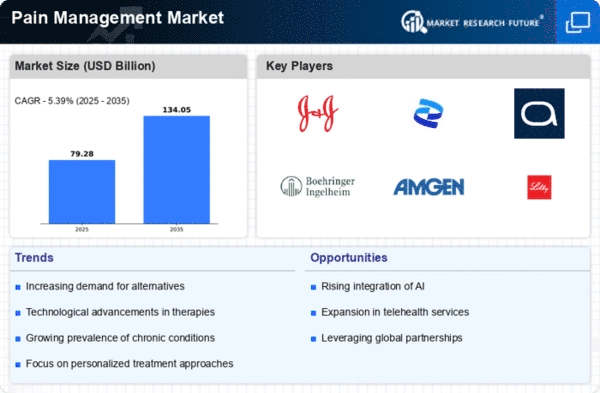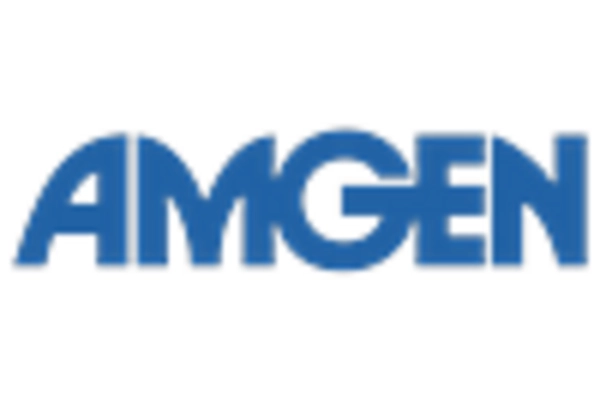Market Share
Pain Management Market Share Analysis
Accurate and comprehensive estimates of health spending on a global scale are pivotal for shaping effective health policies and strategies, contributing significantly to the realization of both national and international health objectives. On February 20, 2019, the World Health Organization (WHO) unveiled a new report on global health expenditure, shedding light on the evolving landscape of healthcare financing across different economic strata. According to the report, global health spending experienced a notable surge in low- and middle-income countries, registering a 6% increase, while high-income countries witnessed a 4% rise. This data underscores the dynamic nature of health funding mechanisms and the imperative for constant adaptation to meet evolving healthcare needs.
The report further highlights the shifting roles of external and domestic funding, particularly noting a decline in external funding in middle-income countries. Governments, however, remain pivotal players in health financing, contributing to less than 40% of primary health care spending. This statistic prompts a closer examination of the intricate interplay between public and private sectors in sustaining and advancing healthcare systems.
A striking example of the magnitude of healthcare spending is evident in the United States, where in 2018, the per capita spending on healthcare surpassed 10,000 dollars for each resident. Adjusting for different purchasing power in countries, this figure stands head and shoulders above all other OECD countries. Switzerland, the second-highest spender in the OECD, allocated less than 70% of the US expenditure, while the overall average for all OECD countries was less than 40% of the US figure, amounting to USD 3,994. This stark contrast underscores the considerable financial investment in healthcare in the United States, fueling discussions about the efficiency, accessibility, and outcomes of such significant spending.
The impact of government spending on healthcare is multifaceted, influencing policies related to healthcare facilities, distribution of essential medicines, and the availability of disposable income for individuals seeking medical treatments. A critical aspect of this nexus is its role in increasing the number of patients adhering to available treatments. The symbiotic relationship between public expenditure and healthcare outcomes becomes particularly pertinent when considering the challenges posed by conditions such as neuropathic pain, which necessitate sustained and comprehensive treatment approaches.
Beyond public expenditure, the growth of the global neuropathic pain market is significantly influenced by various stakeholders, including manufacturers, venture capitalists, and new product innovations. An illustrative example is the 2019 Year End Asia Pacific Health Tech Investment Landscape Report by Galen Growth, revealing that the total funding deployed in health tech in Asia reached USD 5 billion across 340 deals. This surge in investments reflects the growing interest and financial support for innovative healthcare solutions, which in turn is expected to positively impact the growth trajectory of the neuropathic pain market.


















Leave a Comment